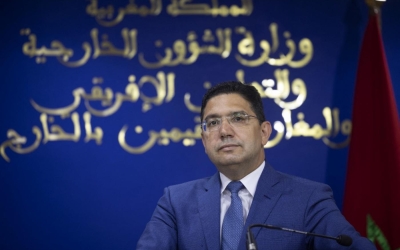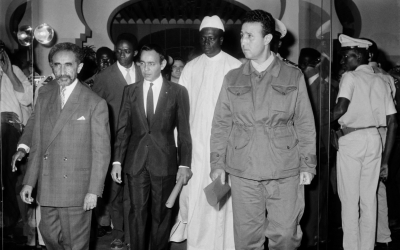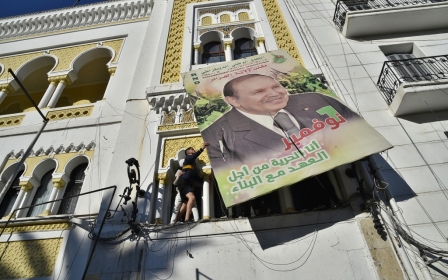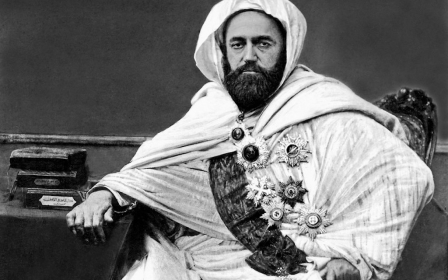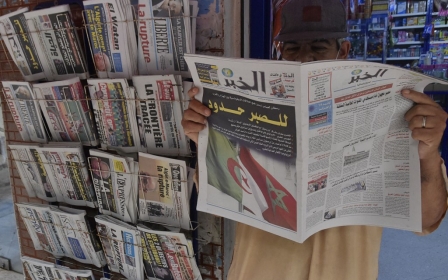Algeria: Amnesty calls for the release of activist seized from Tunisia
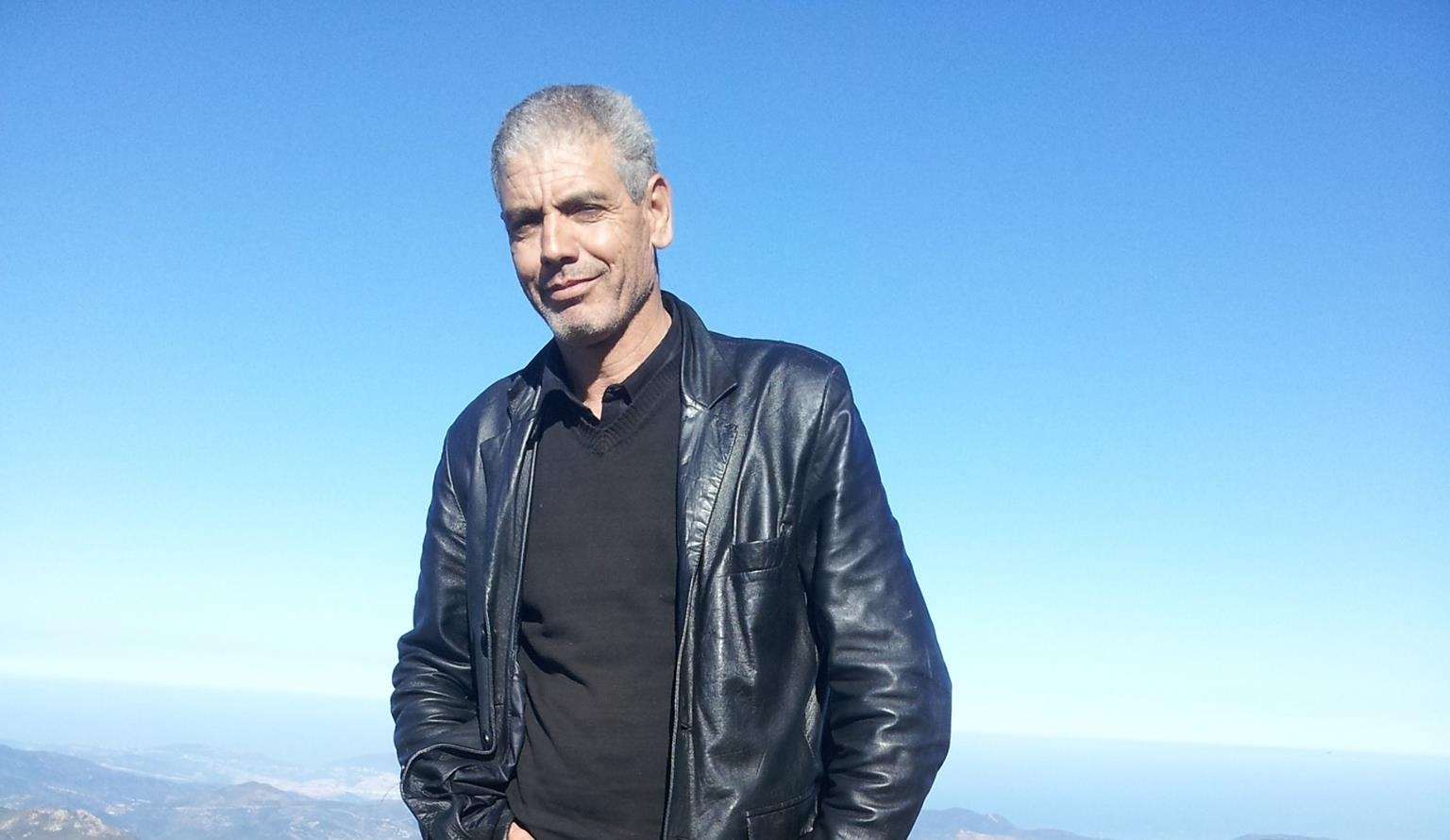
Dozens of human rights groups on Friday called on the Tunisian authorities to investigate the mysterious abduction of Algerian political activist and refugee Slimane Bouhafs and subsequent forced return to Algeria.
Amnesty International and several Tunisian rights groups also called the Algerian authorities to immediately release the activis and allow him to leave Algeria.
Amna Guellali, Amnesty International's deputy director for the Middle East and North Africa, said in a statement on Friday that Bouhafs had sought safety in Tunisia, following two years of "unjust imprisonment" in neighbouring Algeria.
"But it seems he was not far enough out of the Algerian government's reach," Guellali said.
Bouhafs, 54, supports the Movement for Self-Determination of Kabylie (MAK), a political group asking for the independence of Amazigh territories. The Algerian authorities, which consider MAK members separatists, accuses Morocco of supporting the group, which it designated as terrorist in May.
The activist moved to Tunisia in September 2020 and received refugee status from the UN refugee agency (UNHCR) in the country.
In 2016, an Algerian court sentenced him to three years in jail for writing a Facebook post "offending the Prophet" and "denigrating the creed and precepts of Islam," and was released in 2018 after a presidential pardon.
"The Tunisian government shares responsibility for [Bouhafs'] fate and should come clean about its role in his abduction and return," Guellali said.
"His deportation amounts to refoulement and is an extremely worrying precedent for Tunisia." Refoulement is the forcible return of refugees or asylum seekers to a country where they are liable to be subjected to persecution.
He added: "Under international law no one should be returned to a country where they may be at serious risk of persecution or human rights violations."
Mysterious disappearance
According to eyewitnesses, on 25 August, Bouhafs was taken from his home in the Hay Tahrir neighbourhood of the capital Tunis by three men wearing plain clothes and driving a black car.
One of his family members told Amnesty that the "driver of the vehicle stayed inside while three others went to [Bouhafs] apartment and forced him out."
"One of them was holding a suitcase which apparently contained his belongings, and then they left. The neighbours immediately went to the police and gave their testimonies," he said.
A few days after his mysterious disappearance, Bouhafs showed up in Sidi Mohammed Court in Algeria on 1 September, facing six undisclosed charges related to "terrorism". He was detained in al-Kolea, a prison west of the Algerian capital.
According to Amnesty, Bouhafs' family "believes he is at grave risk of mistreatment in Algerian prisons where he had previously been subjected to ill-treatment," and was denied access to a lawyer in the first stage of the trial in 2016.
Bouhafs is a former policeman and, in 2012, he revealed that he converted to Christianity and became a Protestant in 1997.
Amnesty said that under international human rights law, including the Geneva Treaty of 1951, "Tunisia must protect refugees and must not expel or return them to a country where they face persecution," adding that Boufahs was imprisoned for practising his "right to freedom of expression".
Tunisian and Algerian authorities have not released statements to clarify if Bouhafs was expelled or extradited.
The UNHCR said that it was “gravely concerned about reports of the forced removal to his country of origin of a refugee recognized by UNHCR in Tunisia".
Since April, Algeria has increasingly deployed charges of “terrorism” or “conspiracy against the state” to crack down on anti-government Hirak activists and prosecute human rights defenders, Amnesty reported.
Middle East Eye delivers independent and unrivalled coverage and analysis of the Middle East, North Africa and beyond. To learn more about republishing this content and the associated fees, please fill out this form. More about MEE can be found here.


